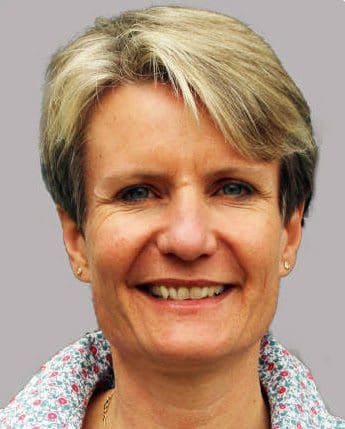Next-generation sequencing has made genotyping cheap and fast so that many plant breeding programs today have access to whole-genome information for thousands of parental lines and progeny alike.
This facilitates the construction of linkage-maps and genome-wide association studies which together are powerful tools to investigate the genetic architecture of complex or quantitative traits.
However, accurate and high-throughput phenotyping, a pre-requisite for genetic mapping, lags well behind and constitutes a major bottleneck in making good use of the genotyping capabilities in breeding programs.
Researchers at Queensland Alliance for Agriculture & Food Innovation have have developed remote-sensing platforms and image-analysis pipelines to provide plant breeders with high-throughput methods to screen their plant breeding plots for traits of interest. They integrate these methods with crop modelling to further increase understanding of trait by environment interactions.
This presentation will show how we integrate outputs from various sensors on the remote-sensing platforms to phenotype complex traits, such as dynamic crop growth and canopy photosynthetic efficiency, and how we combine these new capabilities with existing genetic resources in sorghum to map the genetic regions of these traits.
Dr Barbara George-Jaeggli
Dr George-Jaeggli has been working for the Department of Agriculture and Fisheries (DAF) based at the Hermitage Research Facility in Warwick since 1996. Since completing a PhD in Crop Physiology under Prof Graeme Hammer in 2009, the main focus of her research has been the study of complex crop traits and their effects on grain yield. In 2015, she joined QAAFI as part of the ARC-funded Centre of Excellence in Translational Photosynthesis, while continuing to work for DAF on projects, such as stay-green in sorghum and maximising grain yield by optimal hybrid by environment and agronomic management combinations. Currently, she is involved in developing high-throughput crop phenotyping platforms using remote-sensing technologies integrated with crop modelling. The main objective of her previous and current research is to increase crop yields in variable environments.
The seminar will take place on Tuesday, 24 October 2017 at 12-1 pm in the Large Seminar Room (3.142) in the Qld Bioscience Precinct Building 80, St Lucia.
Can’t make it in person? The seminar will be live streamed and can be accessed at this link. You can also participate in the Q&A either on Twitter by using #QAAFILIVE, or email Seminar Coordinator Hannah Hardy.


HAVE YOUR SAY